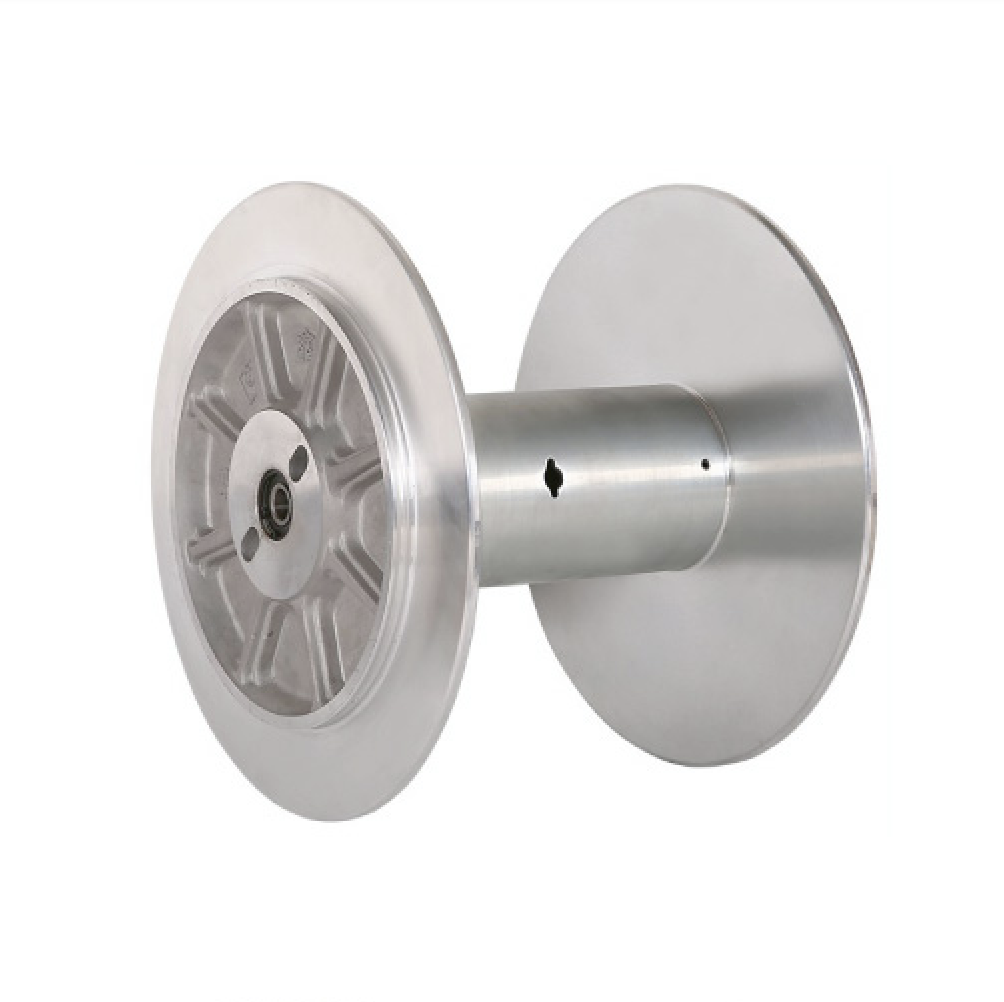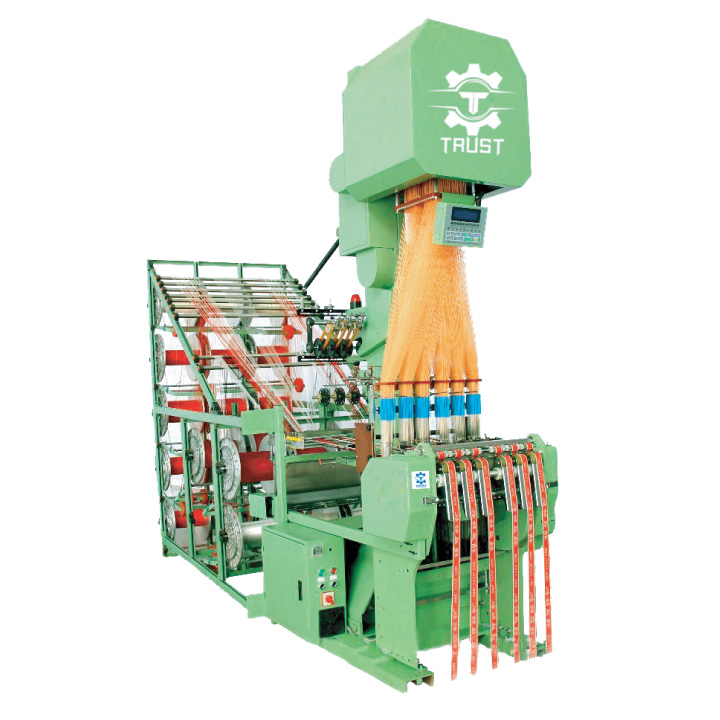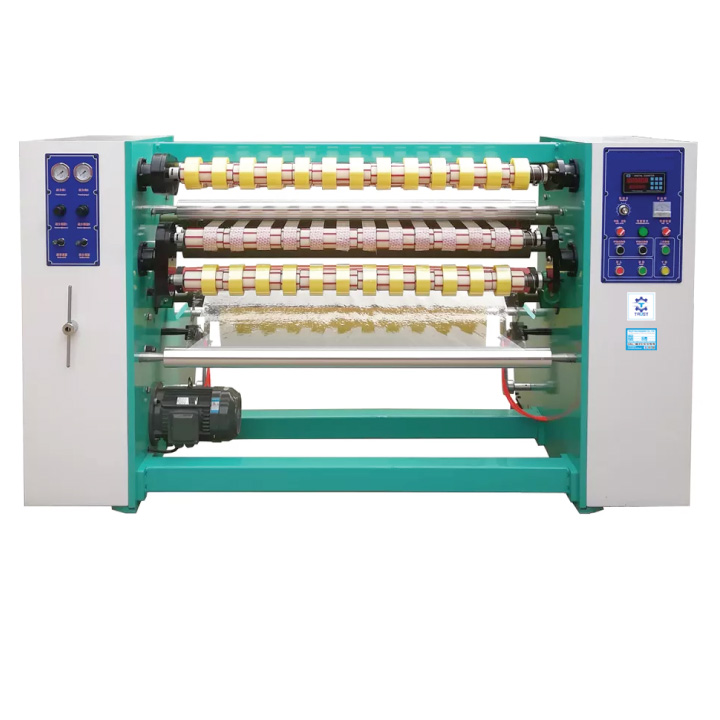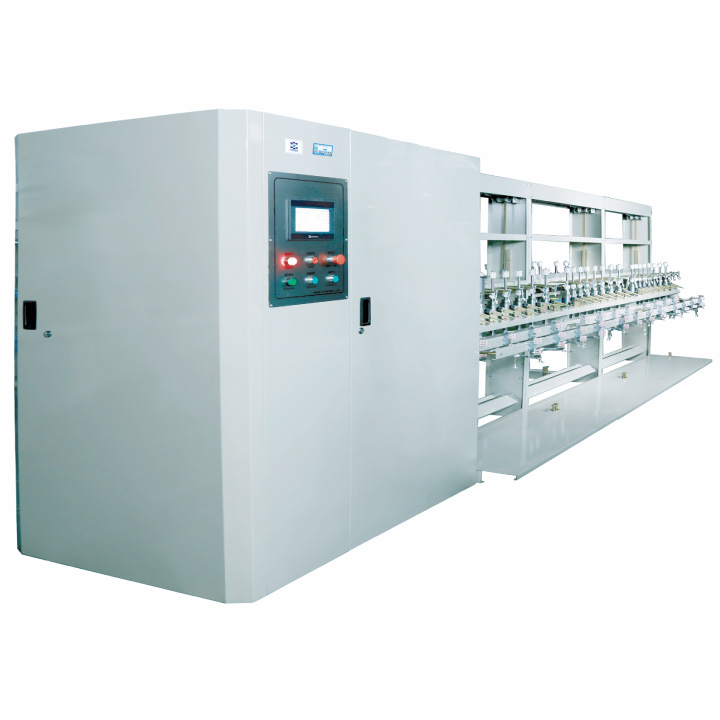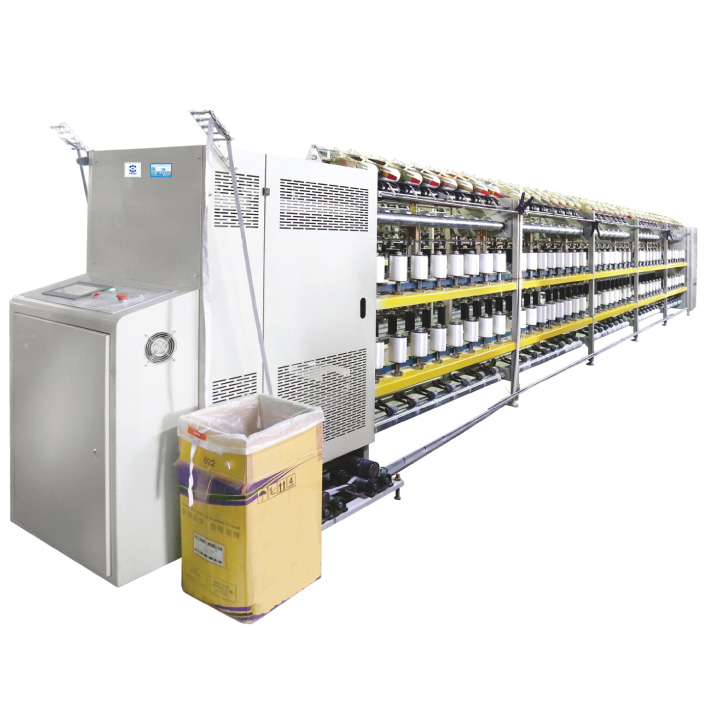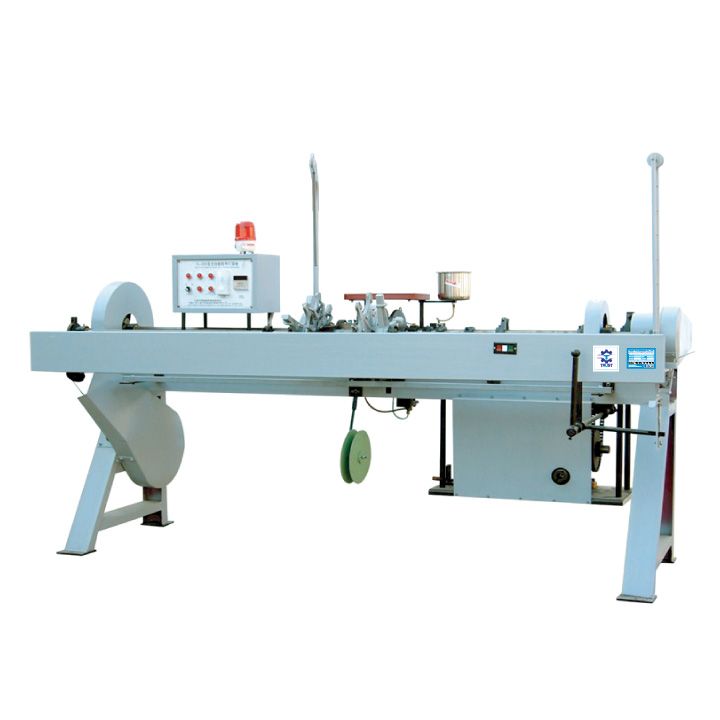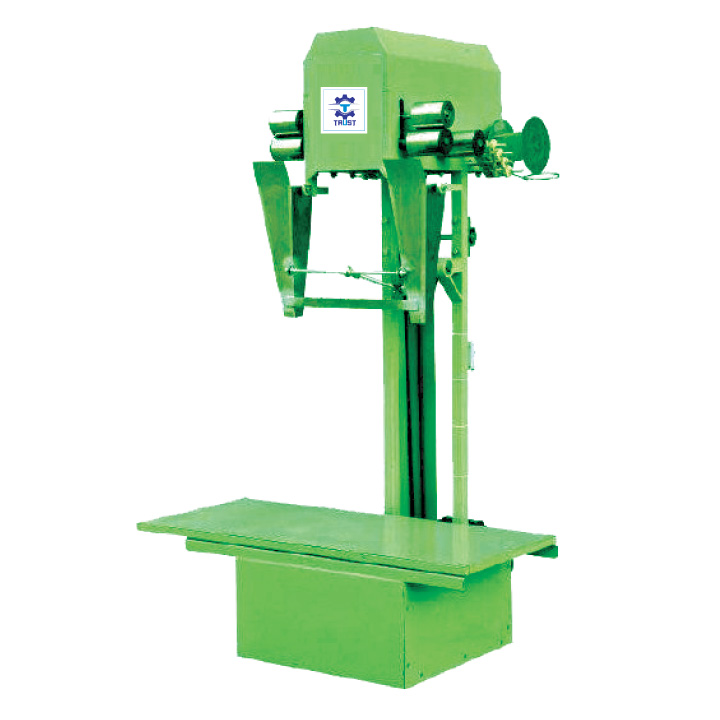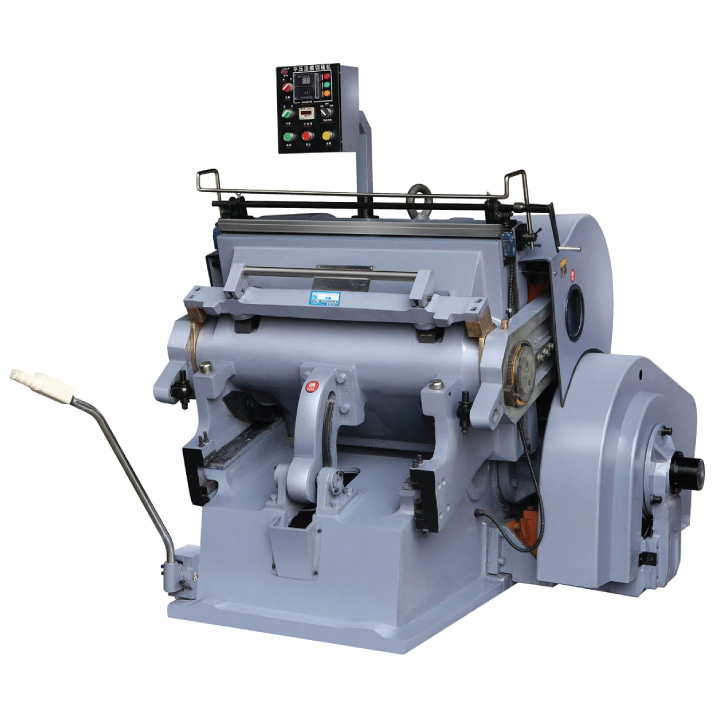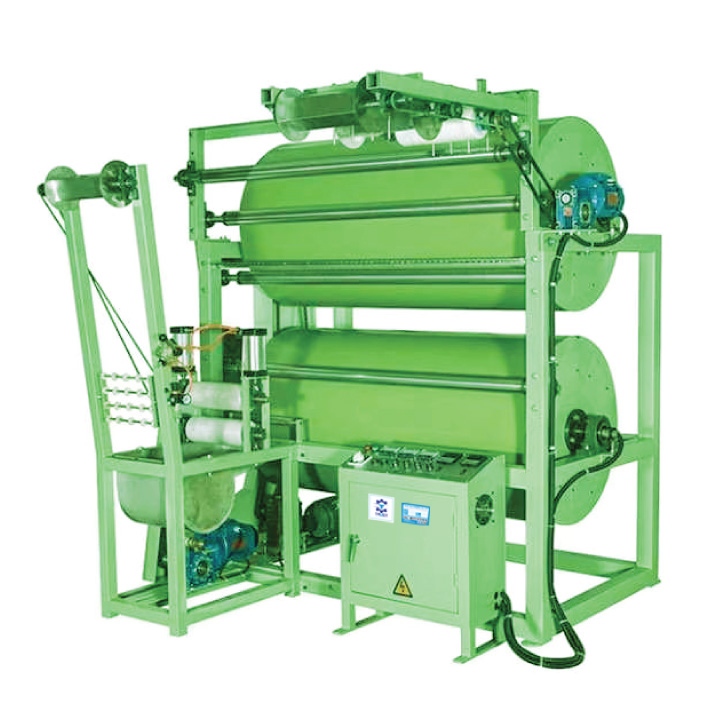Bangladesh has a growing machinery industry that plays a significant role in the country's economic development. The machinery sector in Bangladesh encompasses a wide range of industries, including agriculture, textiles, manufacturing, and more. Here are some key aspects of the machinery sector in Bangladesh machinery
1. Agricultural Machinery :
- Bangladesh being an agrarian economy, the agricultural machinery sector is crucial. It includes tractors, harvesters, irrigation equipment, and other farming machinery.
- The government has been promoting the use of modern agricultural machinery to increase productivity and efficiency in the farming sector Bangladesh machinery.
2. Textile Machinery:
- The textile and garment industry is a major contributor to Bangladesh's economy. Textile machinery includes equipment for spinning, weaving, knitting, dyeing, and finishing.
- The textile machinery sector has seen investments and technological advancements to enhance the productivity and competitiveness of the textile industry Bangladesh machinery .
3. Industrial Machinery:
- Various industries in Bangladesh use machinery for manufacturing and processing. This includes machinery for food processing, packaging, and other manufacturing processes.
- The government and private sectors have been investing in modernizing industrial machinery to improve efficiency and meet international standards Bangladesh machinery.
4. Construction Machinery:
- With ongoing infrastructure development projects, there is a demand for construction machinery such as excavators, bulldozers, cranes, and concrete mixers.
- The construction sector has been growing, especially with projects related to roads, bridges, and real estate development Bangladesh machinery.
5. Power and Energy Machinery:
- As Bangladesh works towards increasing its power generation capacity, machinery related to power plants and renewable energy sources is in demand.
- The government has been investing in both conventional and renewable energy projects, driving the need for specialized machinery Bangladesh machinery.
6. Shipbuilding Machinery:
- Bangladesh has a growing shipbuilding industry, and machinery related to ship construction and repair is essential.
- Shipbuilding yards in Bangladesh contribute to both domestic and international markets Bangladesh machinery.
7. Government Initiatives:
- The government of Bangladesh has implemented various policies and initiatives to promote the machinery sector, attract investments, and facilitate technology transfer.
- Incentives and subsidies are often provided to encourage the adoption of modern machinery in different industries Bangladesh machinery.
8. Challenges:
- Despite the growth, challenges such as access to finance, technological gaps, and the need for skilled manpower exist Bangladesh machinery.
- Addressing these challenges is crucial for the sustained development of the machinery sector in Bangladesh machinery .
It's important to note that the information provided is based on the state of affairs as of my last knowledge update in January 2022, and there may have been further developments or changes in the sector since then Bangladesh machinery.


